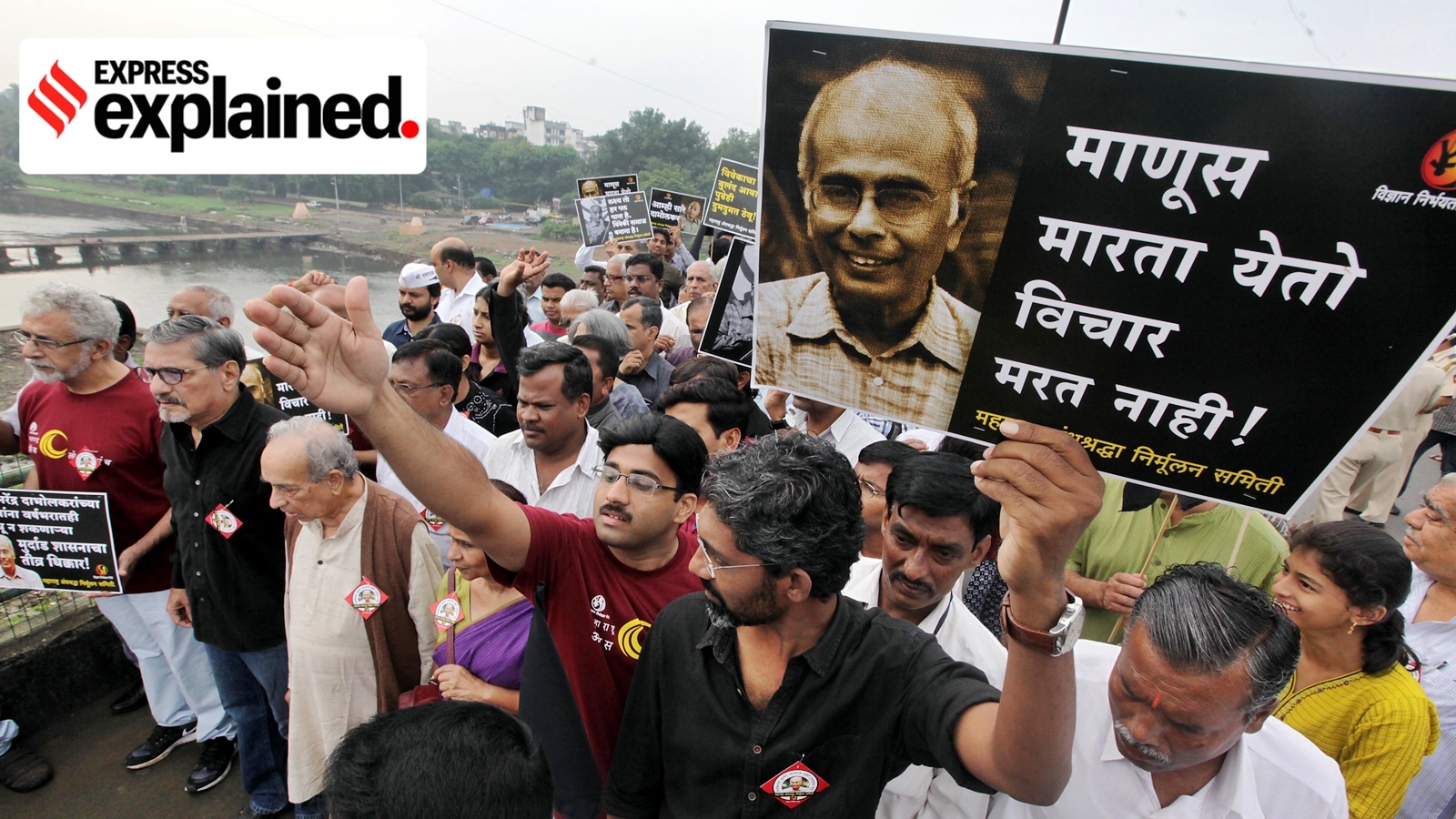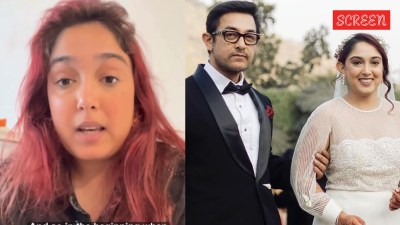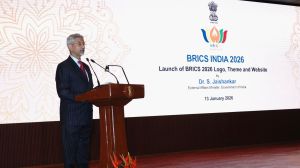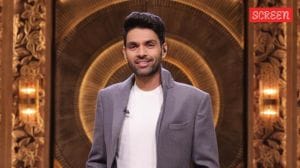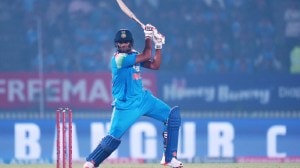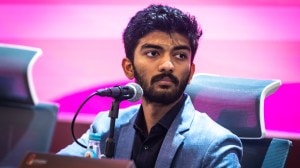Sushant Kulkarni is a Special Correspondent with The Indian Express in Pune with 12+ years of experience covering issues related to Crime, Defence, Internal Security and Courts. He has been associated with the Indian Express since July 2010. Sushant has extensively reported on law and order issues of Pune and surrounding area, Cyber crime, narcotics trade and terrorism. His coverage in the Defence beat includes operational aspects of the three services, the defence research and development and issues related to key defence establishments. He has covered several sensitive cases in the courts at Pune. Sushant is an avid photographer, plays harmonica and loves cooking. ... Read More
Chandan Haygunde is an Assistant Editor at The Indian Express, based in Pune. With over 20 years of experience in journalism, he is one of the region's most authoritative voices on crime, national security, and legal affairs. Professional Profile Specialization: He specialises covering issues related to Crime, Courts, National Security and Human Rights. He has done investigative reporting on incidents of terrorism, left wing extremism, espionage cases, wildlife crimes, narcotics racket, cyber crimes and sensational murder cases in Pune and other parts of Maharashtra. While working on the ‘Centre for Science and Environment (CSE) Fellowship on Tigers, Tiger Habitats and Conservation’ in 2012, he reported extensively on the illegal activities in the Sahyadri Tiger Reserve in Maharashtra. He is at the helm of the widely read weekly series “Pune Crime Files”. He is widely recognized for his deep-dive coverage of the cases related to the Koregaon Bhima violence in Pune and the Elgaar Parishad investigation. Key Beats: His portfolio includes covering crimes mainly under the jurisdiction of Pune City, Pune rural and Pimpri Chinchwad Police, along with the sensitive cases from the state, being investigated by the Maharashtra Anti-Terrorism Squad (ATS), Central Bureau of Investigation (CBI), and the National Investigation Agency (NIA). Background: Before his long tenure at The Indian Express, he worked with other Marathi and English publications, giving him a unique grassroots understanding of Maharashtra's socio-political landscape. Awards and Recognition: He got the CMS PANOS Young Environment Journalist Award in January 2014 for investigative reports on illegal activities in Sahyadri Tiger Rerserve. He received the award for outstanding investigative journalism by the Lokmat group in Pune in January 2020, “Missing since 2010, Pune youth a ‘Maoist Commander’ in Chhattisgarh”, which appeared on July 9, 2019. Recent Notable Articles (Late 2025) In recent months, Chandan’s reporting has focused on high-profile terror case investigations, inter-state firearms racket, leopard movements in Pune city, cyber scams and hearings of the Koregaon Bhima Commission of Inquiry. 1. High-Profile crimes and terrorism cases “Techie linked to Al-Qaeda preached democracy is against Shariat” (Nov 17, 2025). Reporting on the ongoing investigation into the arrest of IT professional Zubair Hangargekar (37) from Pune for alleged terror links. “The case against Jyoti Jagtap, member of ‘Maoist front’ Kabir Kala Manch and Elgaar Parishad organiser, granted interim bail by apex court” (Nov 20, 2025) Tracking the updates in the high profile Elgaar Parishad case related to the alleged naxal activities in urban areas. “How NIA arrested doctor turned ‘ISIS recruiter’ in Maharashtra terror module case” (Nov 24, 2025) After the arrest of doctors in Delhi Red Fort blast, a report on alleged terror links of a consulting anaesthetist from a Pune hospital. “A year after loco pilot averts tragedy by spotting gas cylinder on railway track, probe still inconclusive” (Dec 8, 2025). Report on the unsolved case of a suspected sabotage incident, which could have derailed a train. “No records of Sambhaji Maharaj’s cremation available: Author, ex-IAS officer Vishwas Patil tells Koregaon Bhima panel” (Dec 1, 2025) Reporting on a sensitive issue related to the Koregaon Bhima violence. 2. Inter-state firearms racket "Pune police swoop down on ‘village of pistols’ in Madhya Pradesh; 36 detained, 50 kilns destroyed" (Nov 22, 2025) "Recce a week before, microplanning: how Pune police raided ‘village of pistols’ in MP" (Nov 24, 2025) Reporting on the illegal gun manufacturing units in Umarti village, Madhya Pradesh 3. Cybercrime & Financial Scams “Pimpri Chinchwad police arrest ‘bank account supplier’ with links to China, nationwide cyber scams" (Nov 27, 2025) An investigative look at the modus opernadi of international cyber-gangs cheating high-earning professionals across the country ‘Your case linked to Pahalgam terrorist’: Pune businessman loses Rs 1.44 crore to fraudster posing as NIA chief" (Oct 18, 2025) Report on the tricks played on cyber scammers cheating people through digital arrest frauds Signature Style: The Investigative Hit Chandan is known for his ability to cultivate deep-cover sources within the police and intelligence agencies. His writing often goes beyond the "police version" of events, providing historical context and identifying systemic lapses. He is particularly respected for his balanced reporting on sensitive communal issues and his persistent tracking of the Maoist urban-link cases, making his columns essential reading for legal experts and policymakers. X (Twitter): @chandan_pune ... Read More

